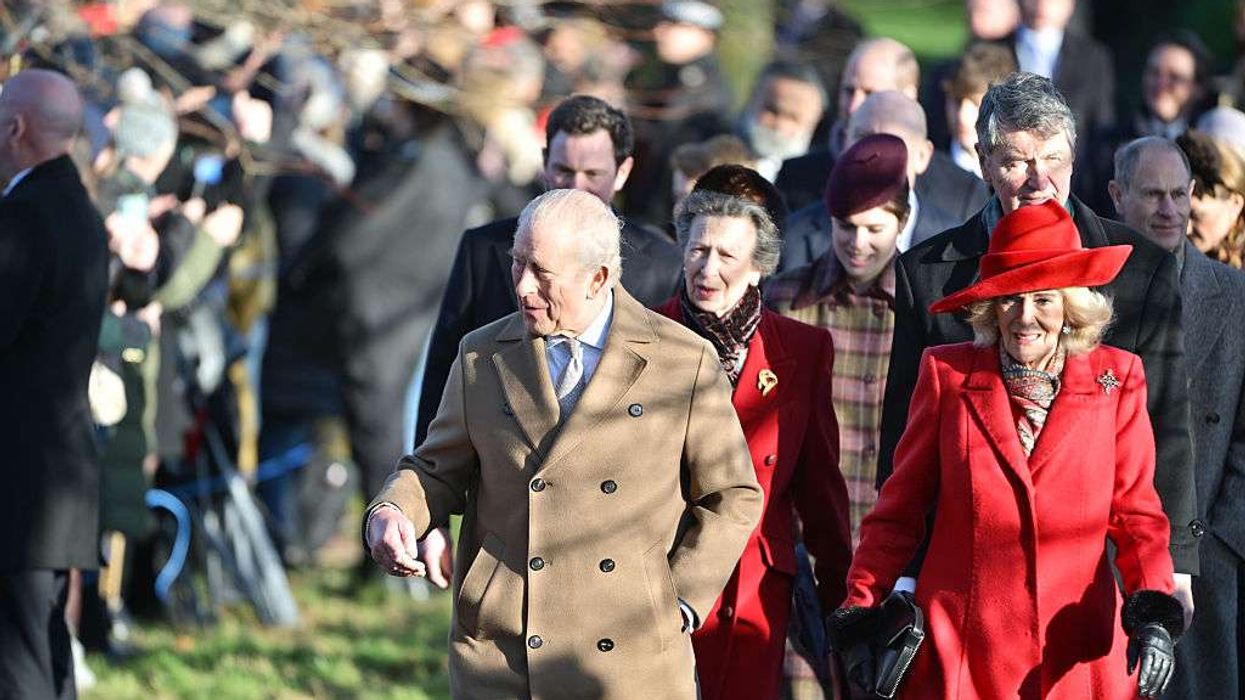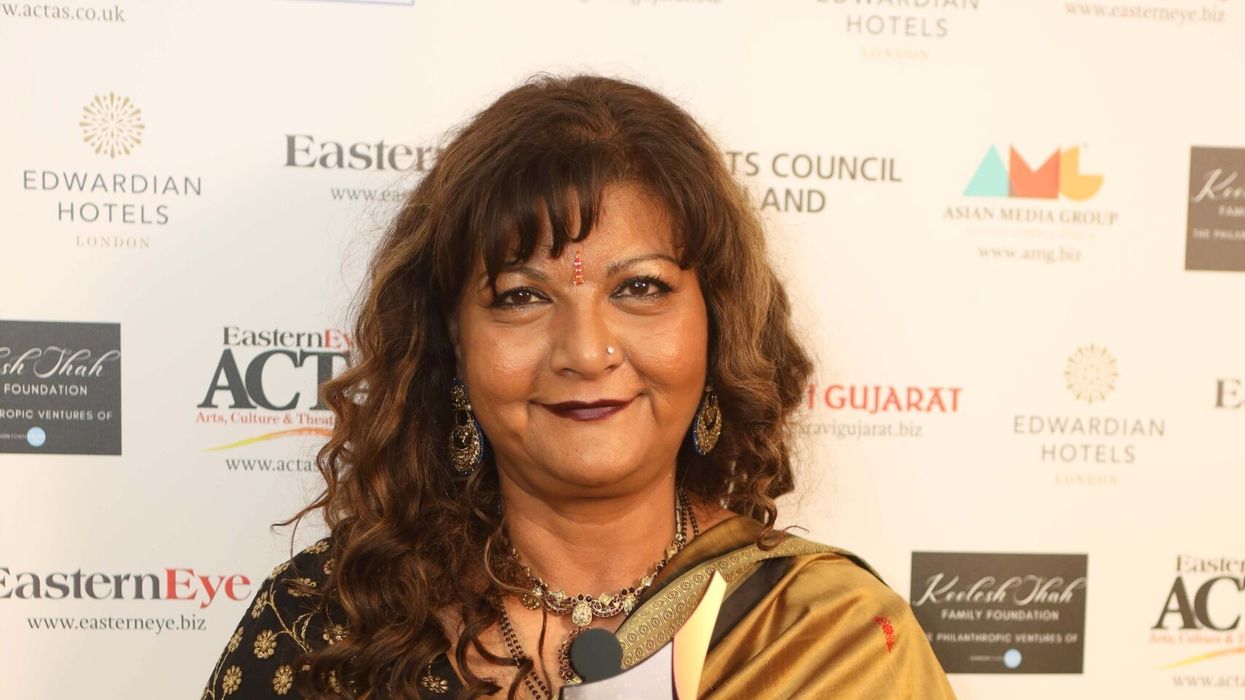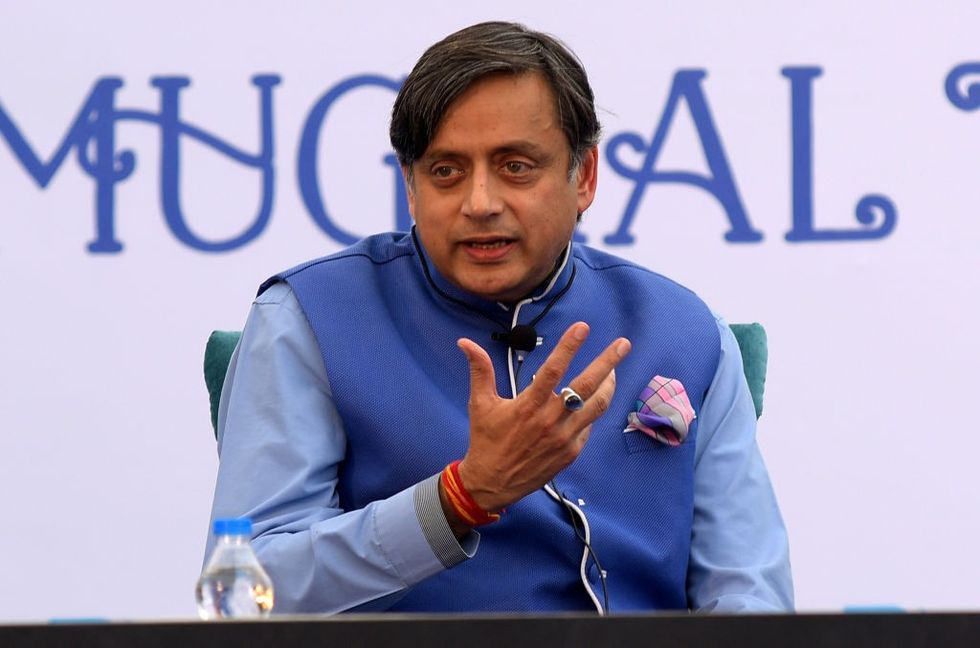By Amit Roy
THE report from the Commission on Race and Ethnic Disparities published last week did not say racism does not exist in Britain.
In fact, it said the opposite. But in hindsight, it would have been wiser if Dr Tony Sewell, the educational consultant who chaired the commission, had not questioned the existence of institutional racism.
Perhaps I can go back a few years to when I was president of the Indian Journalists’ Association (IJA). I said “Britain is the most civilised country in the world – bar none” at our annual dinner.
I still believe that to be the case. Only a civilised country confident of itself can commission a report examining whether it is racist or not – and what can be done to resolve the problems highlighted.
What requires looking at urgently is the world of newspapers and the media in general. We need more black and Asian journalists in positions of authority.
It ill behoves white presenters on radio talk shows telling their black listeners that they have not suffered from institutional racism when the latter’s experiences have been otherwise.
Baroness Doreen Lawrence, whose 18-year-old son, Stephen Lawrence, was murdered by a group of white racists in 1993, alleged that the Sewell report had given “racists the green light”. Addressing De Montfort University Leicester’s Stephen Lawrence Research Centre, she said: “When I first heard about the report, my first thought was it has pushed (the fight against) racism back 20 years or more.
“I think if you were to speak to somebody whose employer speaks to them in a certain way, where do you go with that now? If a person is up for promotion and has been denied that, where does he go with that now?
“All these things we’ve been working for and showing that structural racism exists. We talk about the pandemic when you look at how many of our people have died, all the nurses, the doctors, the frontline staff, of Covid, and to have this report denying that those people have suffered.”
The Sewell report is meant to be well meaning but it would have been better if it had focused exclusively on people of African and Caribbean origin. Would the Windrush scandal have occurred without institutional racism?
To my mind, we need three other reports – on Indians, Pakistanis and Bangladeshis. As the report itself points out: “We also need more sensitivity to differences within racial or ethnic groups, such as urban middle-class Gujaratis vs rural Mirpuri, which are arguably bigger than most differences between ethnic groups.”
One of the few Asian callers to LBC was an Indian nurse, now retired, who revealed that despite possessing all the necessary qualifications and being called to umpteen interviews, she had been “unable to break the glass ceiling” and be appointed a director of nursing.
As the years pass, many qualified Indians may be frustrated their path to promotion is blocked.
The report makes a pertinent point about Pakistani and Bangladeshi households. It says family incomes would increase substantially if women were not prevented from going to work.
The report says: “One-quarter of Bangladeshi households’ income came from benefits and tax credits (excluding the state pension) as did 18 per cent of Pakistani and 17 per cent of black people’s incomes. These were larger proportions than for other ethnic groups.”
It adds: “The Race Disparity Audit also revealed that in England, adults from a Bangladeshi and Pakistani background were the most likely not to speak English well or at all. Among 45 to 64 year-olds, 17.4 per cent of Bangladeshi women and nine per cent of Pakistani women were unable to speak English at the 2011 Census.
“This clearly is an obstacle to economic advance and broader integration. One reason for this issue being most pronounced among people from Pakistani and Bangladeshi ethnic backgrounds is that they tend to live somewhat more separately from the mainstream, both physically and in terms of social norms, and are two of the groups most likely to bring in spouses from their ancestral homes, especially the Pakistani group.”
“Meanwhile, Pakistani/Bangladeshi men along with black African and black Caribbean men, were the most vulnerable to unemployment in times of economic downturn, with the chances of getting a position in the top occupational class also declining over the decades for first generation Pakistani/Bangladeshi men,” the report also says.
“Women in the Pakistani/Bangladeshi group also tend to have persistent disadvantages relative to white women in terms of both employment status and class position. Three-quarters of the first generation and around half of the second-generation women in this group were economically inactive, although the situation has improved in the current decade.”
Of course, culture clings to us. However, unlocking the potential of women would do wonders for British Asians.





 Tanika Gupta
Tanika Gupta  Shashi Tharoor AFP via Getty Images
Shashi Tharoor AFP via Getty Images  English cricket writers are distraught that in the current “Ashes” series against Australia down under Getty Images
English cricket writers are distraught that in the current “Ashes” series against Australia down under Getty Images 





